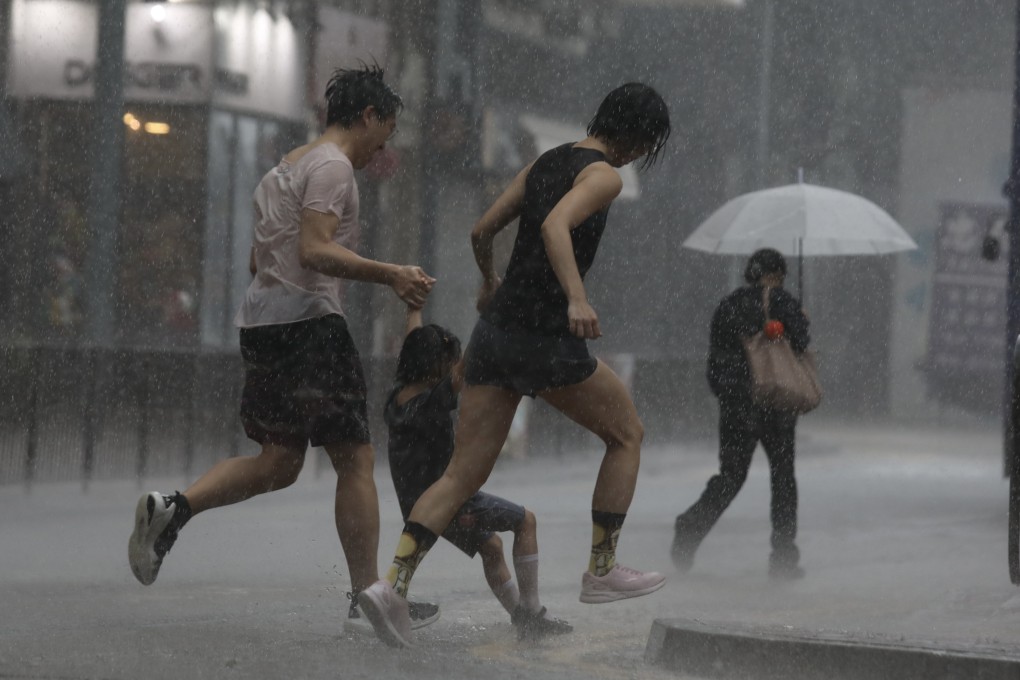Advertisement
Opinion | Don’t write off Hongkongers just yet
- Dismissing today’s Hong Kong as just another Chinese city is unfair to its people who are working hard to make the best of their situation
Reading Time:3 minutes
Why you can trust SCMP
22

Hong Kong’s reputation has recently suffered new blows with the passage of the domestic Article 23 national security law and the conviction of 14 pro-democracy activists on charges of conspiracy to commit subversion.
It is easy to dismiss today’s Hong Kong as just another Chinese city where citizens mindlessly obey the Communist Party. That is a superficial and unfair characterisation of Hongkongers, who are known for making the best of any situation, even if it is not of their own choosing. The people of Hong Kong, who have endured repression under British and Japanese masters and now Beijing, are worthy of our respect and admiration.
Last month, I brought a group of Georgetown University students to Hong Kong for a dialogue with students from the Chinese University of Hong Kong, Peking University, Fudan University and the University of California, San Diego. I was apprehensive about returning to Hong Kong after the Covid-19 pandemic, especially since the city has been placed under a US State Department travel advisory.
I was an exchange student studying Chinese through the Yale-in-China programme at Chinese University in the 1970s, and I was posted to Hong Kong in the 1990s. We advocated hard then, in accordance with the Hong Kong Policy Act, for greater democracy. And I, as much as any American, lament the adoption of laws that may limit freedom of the press, of speech and the right of assembly.
However, what I found was a Hong Kong that remains a unique and exciting international city in Asia. While Tokyo, Seoul and Taipei are all great cities, the level of English skills found among Hongkongers is far higher.
Close to 10 per cent of Hong Kong’s residents are expatriates from around the globe, including more than 80,000 Americans. Uber drivers, hotel staff and other service personnel speak good English and are friendly ambassadors for their city.
Advertisement
.jpg?itok=pCbZUa2Z&v=1717643326)